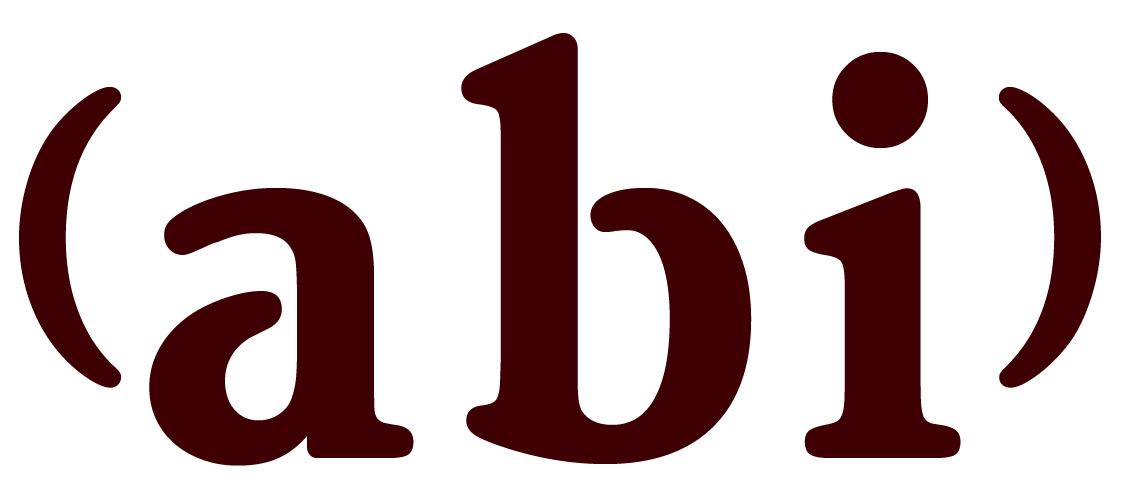Know the facts about public charge
(This fact sheet is not a substitute for legal advice.) Updated 3-29-2021
As of March 9, 2021, the discriminatory, expanded Public Charge rule is permanently BLOCKED, and is no longer in effect anywhere in the United States. Now, immigrants can safely get public benefits that support their health, nutrition, and housing without fear of impact on their immigration status.
The very old, very limited Public Charge rule is back in place, but remember that:
Many immigrants are exempt from the Public Charge Rule.
Most immigrants who qualify for public benefits are exempt from the Public Charge rule.
Most benefits received by an immigrant’s children or other family members DO NOT count during an immigrant’s public charge test in the US.
Some of the types of immigrants who do not have to worry about Public Charge, as long as they don’t leave the U.S. for more than 6 months, are:
Refugees + Asylees
People who are already LPRs (green card holders) including those renewing their LPR card
VAWA (Violence Against Women Act) self-petitioners
T or U Visa applicants/holders (some survivors of trafficking, domestic violence, or other crimes)
Special immigrant juveniles
Active military duty families, and others.
Now, the Public Charge rule ONLY considers an immigrant’s use of TANF (monthly cash benefit), Social Security Insurance SSI for people with disabilities, and Long Term Care paid for by the government.
Many benefits, like those on the list below, are safe, and do not count in any public charge test:
Medicaid (OHP) for adults and kids
Medicaid (OHP) for pregnant women, including 60 days post-partum
Reproductive health coverage
Emergency Medicaid (CAWEM)
Oregon’s Cover All Kids program
SNAP food benefits (food stamps)
Public housing and Section 8 subsidized housing
WIC (Nutrition assistance for women, infants, and children to age 5)
Special Education
School-based health services for school-aged kids
Social Security Retirement
School lunch and Pandemic EBT
Medicare
Unemployment Insurance
Food from the food bank or food boxes
COVID -19 testing, care, and vaccination
Disaster or emergency assistance or benefits
And many, many more!
Have Questions?
Seek advice from an immigration attorney. Find immigration attorneys at oregonimmigrationresource.org/resources/?tab=legal-help
Seek public benefits/public charge legal advice from Legal Aid/Oregon Law Center’s Public Benefits Hotline at 1-800-520-5292.
Stay informed about changes to Public Charge by checking oregonimmigrationresource.org and protectingimmigrantfamilies.org.
